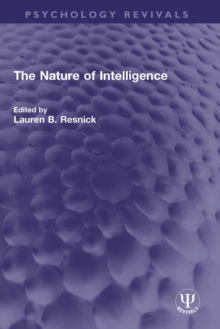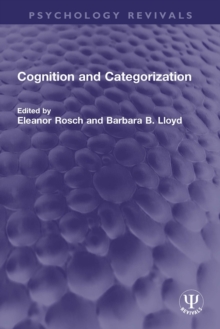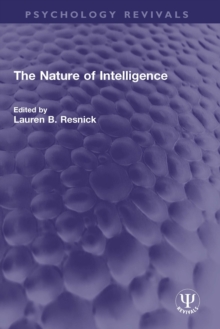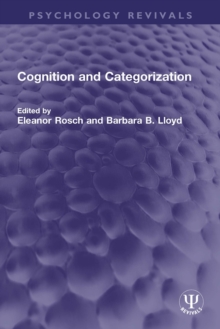
Conceptual Structure in Childhood and Adolescence : The Case of Everyday Physics EPUB
by Christine Howe
Part of the Psychology Revivals series
EPUB
Description
'Heat breaks up charcoal and puts sulphur dioxide in'; 'The air pulls faster on heavy masses.' These and other similar statements by school-aged children untutored in physics carry two messages. First, children's pre-instructional conceptions of the physical world are a far cry from the received wisdom of science; second, despite their lack of orthodoxy, children's conceptions carry a definite sense of causal mechanism. This sense of mechanism is the focal concern of this book, originally published in 1998, for it raises issues of central importance to both psychological theory and educational practice.
In particular, some psychologists have claimed that human cognition is organised around causal mechanisms along the lines of a theory. This carries specific implications for teaching. Does the existence in children's thinking of causal mechanisms relating to the physical world support these psychologists? Does this have consequences for the teaching of science?
Christine Howe reviews evidence relating to pre-instructional conceptions in three broad topic areas: heat and temperature; force and motion; floating and sinking. A wide range of published work is discussed, including the author's own research. In addition, a new study covering all three topic areas is reported for the first time. The message is that causal mechanisms can indeed play an organising role, that untutored cognition can in other words be genuinely theoretical. However, this tendency is highly domain-specific, occurring in some topic areas but not in others.
Having drawn these conclusions, Christine Howe discusses their meaning in terms of both cognitive development and educational practice. A model is outlined which synthesises Piagetian action-groundedness with Vygotskyan cultural-symbolism and has a distinctive message for classrooms. This title will be useful to cognitive and developmental psychologists and to science educators alike.
Information
-
Download - Immediately Available
- Format:EPUB
- Pages:248 pages
- Publisher:Taylor & Francis
- Publication Date:22/12/2015
- Category:
- ISBN:9781317236030
Other Formats
- Hardback from £130.00
- Paperback / softback from £35.99
- PDF from £29.15
Information
-
Download - Immediately Available
- Format:EPUB
- Pages:248 pages
- Publisher:Taylor & Francis
- Publication Date:22/12/2015
- Category:
- ISBN:9781317236030










